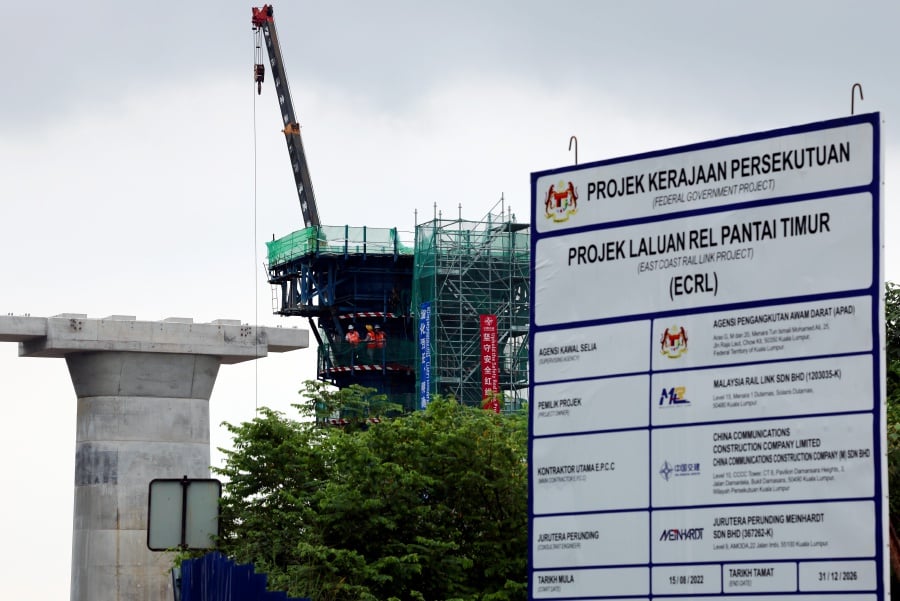THE Malaysian economy is growing, but not at the pace that Prime Minister Datuk Seri Anwar Ibrahim is expecting.
According to Bank Negara Malaysia (BNM), the country recorded a first quarter gross domestic product growth of 4.2 per cent, a promising climb from the preceding quarter of 2.9 per cent. BNM's forecast for the year is between 4.0 and 5.0 per cent.
Anwar wants the economy to grow a notch higher for the next 10 years. And rightly so, if Malaysia wants to be a high-income nation. What then is the government's economic ammunition for such a trajectory?
They are the reviewed 12th Malaysia Plan, the National Energy Transition Roadmap, the New Industrial Master Plan 2030, the 2024 Budget and more. Investments — both local and foreign — especially in advanced technology, are also in focus to give the economy an added boost. If all goes well, high-income jobs may not be too far away.
Local economist Datuk Dr John Antony Xavier says the government has got the focus right. To him, becoming a high-income nation means embracing advanced technology, aka artificial intelligence.
For a nation whose economy is driven by small- and medium-sized enterprises (SMEs) — 97 per cent to be exact — this will be a huge challenge. Adding to this complexity is the fact that 80 per cent of them are just beginning to digitalise. Relying on SMEs is no bad thing. Look at Germany, where SMEs have made it the strongest economy in Europe.
Sure, we are talking apples and oranges here. Germany's Mittelstand, as the SMEs are called there, are giants compared to our dwarfs. This ecosystem needs a fix. One way to do this is to do what Germany did: create a culture that respects technical education.
Ha-Joon Chang, a Cambridge-trained development economist, sums up the reality of growing a national economic pie in one of his writings thus: Nations have to become better at making things in order to raise their standard of living.
But direction is important and Anwar is pointing the right way, says Antony Xavier.
Foreign direct investment (FDI), he adds, is one way to import technology, talent and financial capital. For a nation that doesn't have huge domestic funds, FDI gives the added boost for now and the future. And that future — one of innovation — must begin to be built today.
High-income nations, aka developed countries like Germany, the United States and South Korea, produce products of high value, Antony Xavier points out. To him, for Malaysia to boost innovation, it needs to spend as much as the developed nations are spending on research and development, which is four times as much as what we are spending now.
In the meantime, we must also stop the outflow of talent. To him, the idea that our talent will come back all the richer is fanciful thinking. We agree.
We have got two things right — direction and focus — and what remains is speed. This is not going to happen if all are not onboard the growth train. For sure, economic ideas need debating, but such debates should be to make them become better.
To allow distractions to trump discussions can only mean one thing. The pie will never get prepared in time.





